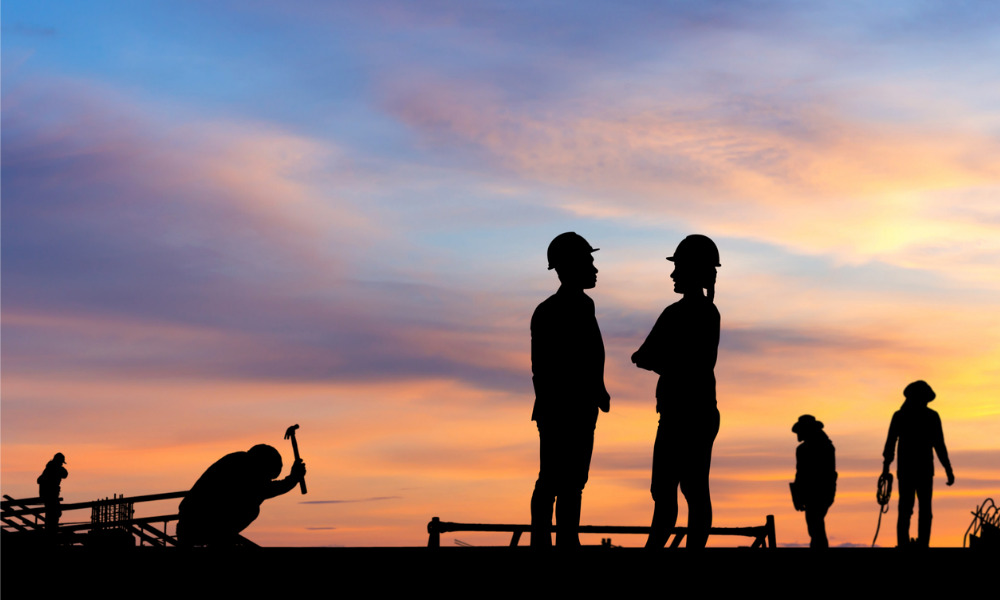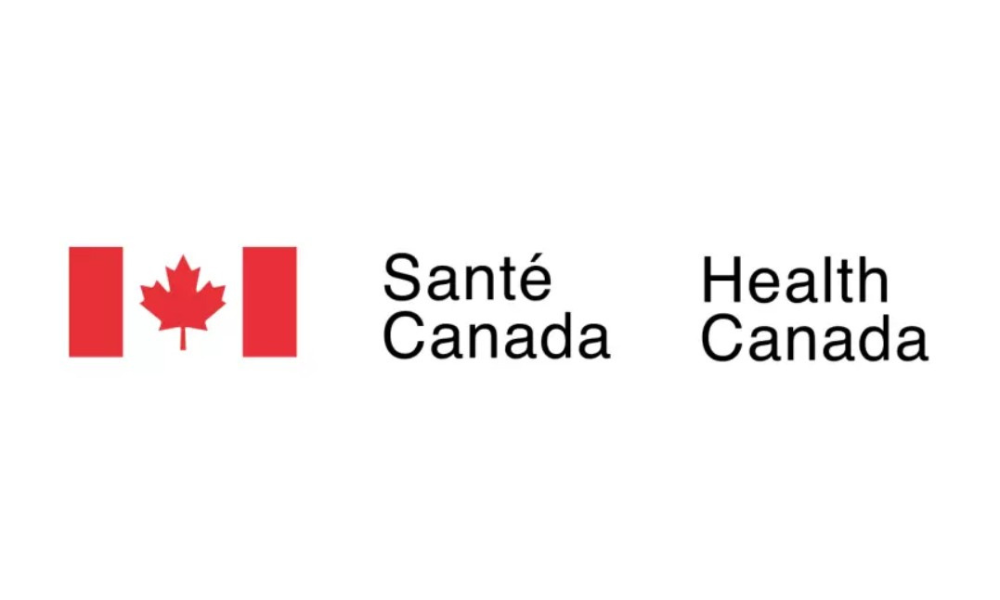Organizing president explains this year's motto, how our 'connected age' save countless lives in the pandemic, and what delegates can expect at prestigious event

Even before COVID-19 became part of everyday language and company policy, Canada planned to host the XXII World Congress on Safety and Health at Work under the motto of Prevention in the connected age. Organisers of this prestigious event had little idea how prescient those words would become.
The selection of The Institute for Work & Health (IWH) and the Canadian Centre for Occupational Health and Safety (CCOHS) to host the global event was a coup for both Canada and Toronto. Leaders in occupational safety were all set to descend on the city as the International Labour Organization (ILO) and the International Social Security Association (ISSA) once again gathered health and safety professionals from around the world.
But after the outbreak of the pandemic, organizers made the decision in January to switch to a virtual platform and allow professionals from across the globe to convene across time zones and take stock of where the industry is and where it’s heading.
Dr Cameron Mustard, President of the International Organizing Committee and President & Senior Scientist, Institute for Work & Health, said that while speakers’ themes were already lining up to discuss connectivity, the COVID-19 emergency subsequently proved how that connectivity could save lives.
He said: “All around the world, as regulators worked to provide guidance to essential workplaces and what safe practices could be around preventing COVID transmission, if we had not had the internet, the challenges would have been insurmountable. And instead, the regulators put forward digital guidance, which workplaces downloaded really quickly. The power of the internet to enable rapid communication in the context of the crisis was vividly demonstrated.”
Another area that benefitted hugely from the speed of connectivity were supply chains. Any large construction project, for example, requires many subcontractors and a considerable amount of material to get to the site at the right time. Dr Mustard said high levels of connectivity enabled these supply chain structures to quickly get the same standard in place to ensure safe delivery.
This speed of enacting technology is set to be one of the pandemic’s enduring legacies. The efficiency with which companies were able to identify risks in their organization, something regulators around the world have been pushing for two decades, came to the fore as a huge asset. The question of how to deal with a communicable disease was addressed to minimized harm to employees. While the death toll from the virus has been horrendous, without this speedy guidance it could have been unthinkably worse.
Dr Mustard explained: “The speed with which so many essential service sectors were able to act on regulatory guidance has been really impressive around the world. This has been a key feature of how we have maintained the capacity of economies to produce the goods and services that we define as essential. And there will be many moments in the Congress program when speakers will acknowledge and applaud the many millions of essential workers, in health care, transportation and food manufacturing whose work in challenging conditions enabled basic needs to be met across the globe.”
He now anticipates an acceleration of smart technology to improve worker protection. Dr Mustard highlighted trucking as an example and how, by the end of the decade, all drivers will likely be enabled with numerous driver-assist technologies to prevent collisions, to maintain the vehicle or to regulate speed.
He added: “We will see more smart tech in workplaces. There are forklifts available now that have the capacity to identify when a person is adjacent or nearby. We're going see more and more technology that avoids traumatic injury caused by contact with another object.”
The World Congress will feature a number of thought leaders in the space. To see the schedule and find out more details about the event, follow the links.
Dr Mustard said the virtual platform will provide opportunities for people to interact, allowing delegates from one corner of the globe meet with another. He said: “The platform is going to provide all sorts of capacity for people to find each other virtually. It's going to be a novel experience for many people, but I can't wait till the program starts and I get pinged by people in Japan, or Argentina, asking me for my thoughts on a subject.”





